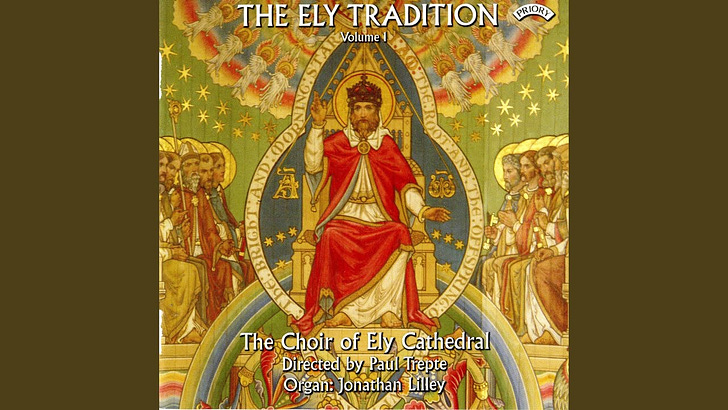In honor of Holy Week, and our word, holy, I’m presenting one of the grandest hymns in the Christian tradition, a mighty poem that I think pierces to the heart of sorrow and triumph, and shows most powerfully the complete inversion of worldly values that the Cross represents. Th…
Keep reading with a 7-day free trial
Subscribe to Word & Song by Anthony Esolen to keep reading this post and get 7 days of free access to the full post archives.



